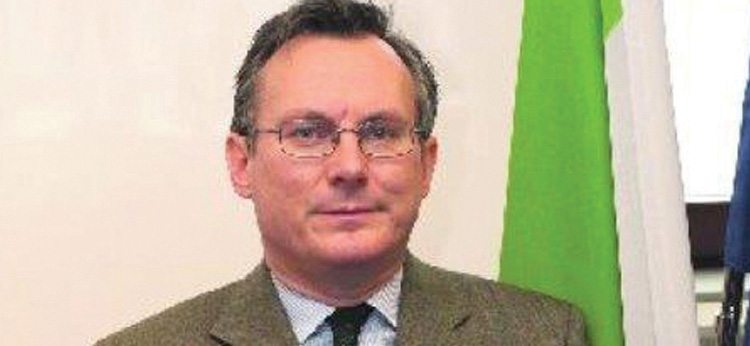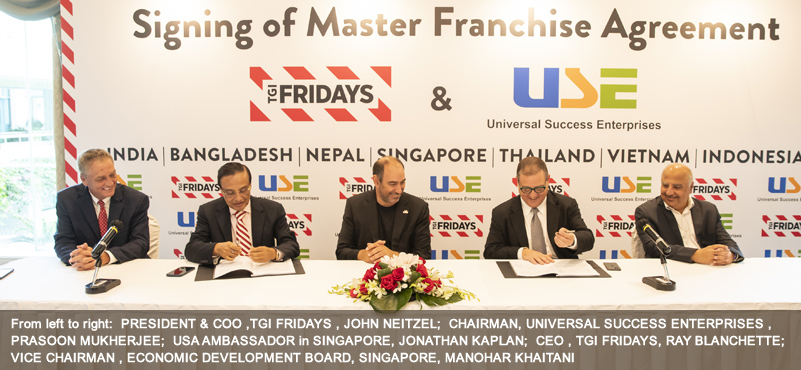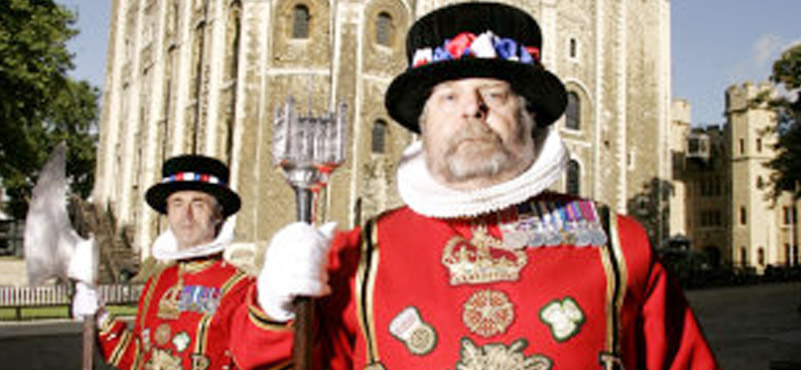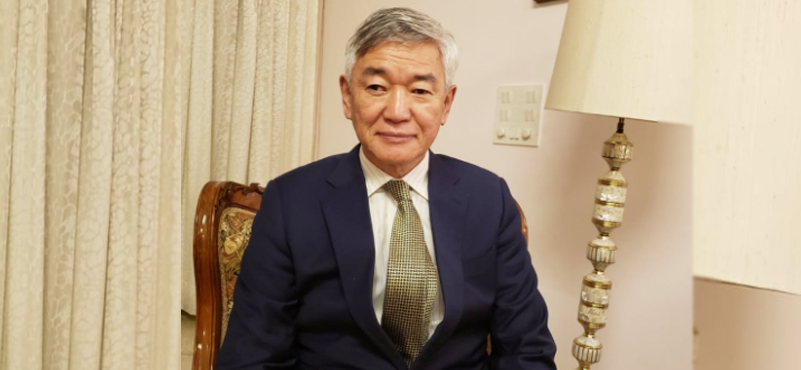Sister Nivedita, Annie Besant, James Cousins and W B Yeats are some of the important historical figures who have shaped India’s history in one way or the other. But, what has been the travesty of Irish-India connect is that these pivotal bonds have been lost through the years.Ambassador Brian McElduff attributed the then healthy ties to better knowledge of the erstwhile political conditions and the umbilical cord of British colonialism that bound both nations together. “I do agree that a few decades ago, Ireland had a higher profile, because PM Nehru was very interested in us. He knew Ireland quite well, including our political history and movement towards independence. There are certainly parallels. However, I would not over-extend them, as India is so much bigger,” he reasoned. He shared that Ireland had been an inspiration for Indian leaders.
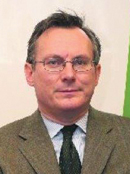
AMBASSADOR
The bilateral-connect has surely transformed through the decades, as India started exporting its manpower to distant shores in search of employment opportunities; as many as thirty thousand Indians live and work in Ireland – primarily in the pharmaceutical and IT sector. Off late, bilateral ties have picked up, thanks to globe-trotting PM who made it a point to visit Ireland, making him an Indian PM to visit Irish shores in fifty years, correcting a grave omission. The envoy called it a positive signal for bilateral cooperation. “The visit of PM Modi was extremely important. Ireland was one of the first European countries he visited. And we have a substantial Indian community back home, so it was great to see him engaging with them, as well,” he said. He believed that the promise of bilateral cooperation was enormous, almost infinite. “I think that India is doing incredibly well; it has great potential, and we have a lot in common. We have historical experiences in common; both our nations speak English. After all, the English language in a sense is a unifying force. It is the language of modern trade and commerce. Also, when it comes to doing business in India, and if you look at the profile Ireland has – we are especially strong in areas that India is interested in, such as the IT sector,” he detailed the reason for his belief. Besides, Ireland also hosts more than two thousand Indian students and the numbers have increased a lot in the recent years, he said. Stating that the educational system in Ireland was of very high standard, he said that their nation had a very positive image in India, “many of the schools in India, in fact, were set up by Irish religious figures, in most cases. It is wonderful to be here to be able to witness this network, educational network in particular,” he told us.
Sharing that by the virtue of being a small nation, Ireland intended on focusing on certain areas of its expertise, he said, “It is a principle that applies to every growing economy that we cannot be good at everything. Even big countries struggle to be good at everything. So we intend to focus on the things we are good at, and make those really excellent and world-class, and find like-minded partners.” He pointed towards some of the internationally famed Irish products like Guinness, Baileys, or Jameson Whiskey, and how they had attained a global stature. He believed that the equestrian sector, besides F&B were prime areas where Ireland had enough to share with India. “I was at the Race Day for the Racing Conference in Mumbai, recently. There was a sizable presence of the Irish contingent. In fact, the equestrian sector is hugely valuable for us, and it is because we do it very well. We do a quite a lot of trade with India in this sector,” he told us. “Equally, when it comes to food and drink, I know there are difficulties related to trade with India. But, we are still doing quite well. Besides, we are exporting Irish whiskey and dairy products. We see them as very important growth market,” added the envoy.
Sharing that although officially, Ireland had quite a small network – there are only three Irish diplomats in Delhi, it did have a considerable auxiliary presence. “We have our team Ireland which includes tourism department, investment agency, industrial development authority and the education sector. We have very high-profile educational exchanges. We also have a network of honorary consuls in Mumbai, Chennai and Kolkata. So, we do have quite a strong network,” he stressed.
2016 was going to be an important year for Ireland, said the Ambassador. “It is the beginning of our centennial year of our struggle for independence. So, we are having a number of events, including participation from India – former External Affairs Minister Salman Khurshid will be taking part in it. I am also hoping to do some seminars and events in India,” he detailed how Ireland planned to increase its outreach into the Indian market.
Joint visa scheme with the UK has helped footfall; exploring direct-connectivity to India
Reacting to the question of the possibility of direct air-connectivity between India and Ireland, Ambassador McElduff said that he had heard various possibilities. However, to his understanding, the joint visa scheme initiated in tandem with the UK has had a profound impact on footfalls. “I have heard about various possibilities which I do not want to go into right now. I think it is an issue certainly, as direct flights do make a huge difference. But, I do think that we have enormous progress with the joint visa scheme with the UK, because that was a more serious impediment; it is very easy to get to London, and other European hubs,” he detailed. He said that Ireland was a very short distance from there on, and there are many connections, but the issue of having a separate visa was on for a long time, a greater impediment for visitors.
“The joint visa scheme has really shown very positive results, but having said that, we are very keen on having a direct transportation between the two nations,” he shared. Sharing that Ireland had a very high prominence in international aviation – it was one of the sectors they had done very well in – he said, “we have a lot of experience with home-grown players like the Ryan Air – which has done incredibly well within the European hemisphere, very largely, and garnered enormous success. I know they are interested in branching out further,” he informed us. Noting that direct-connectivity was to stem-out after an increase in bilateral footfalls, he noted: “when we register a growth in number of visitors from both sides, I think more airlines will see it more profitable to set up more transport link.”

